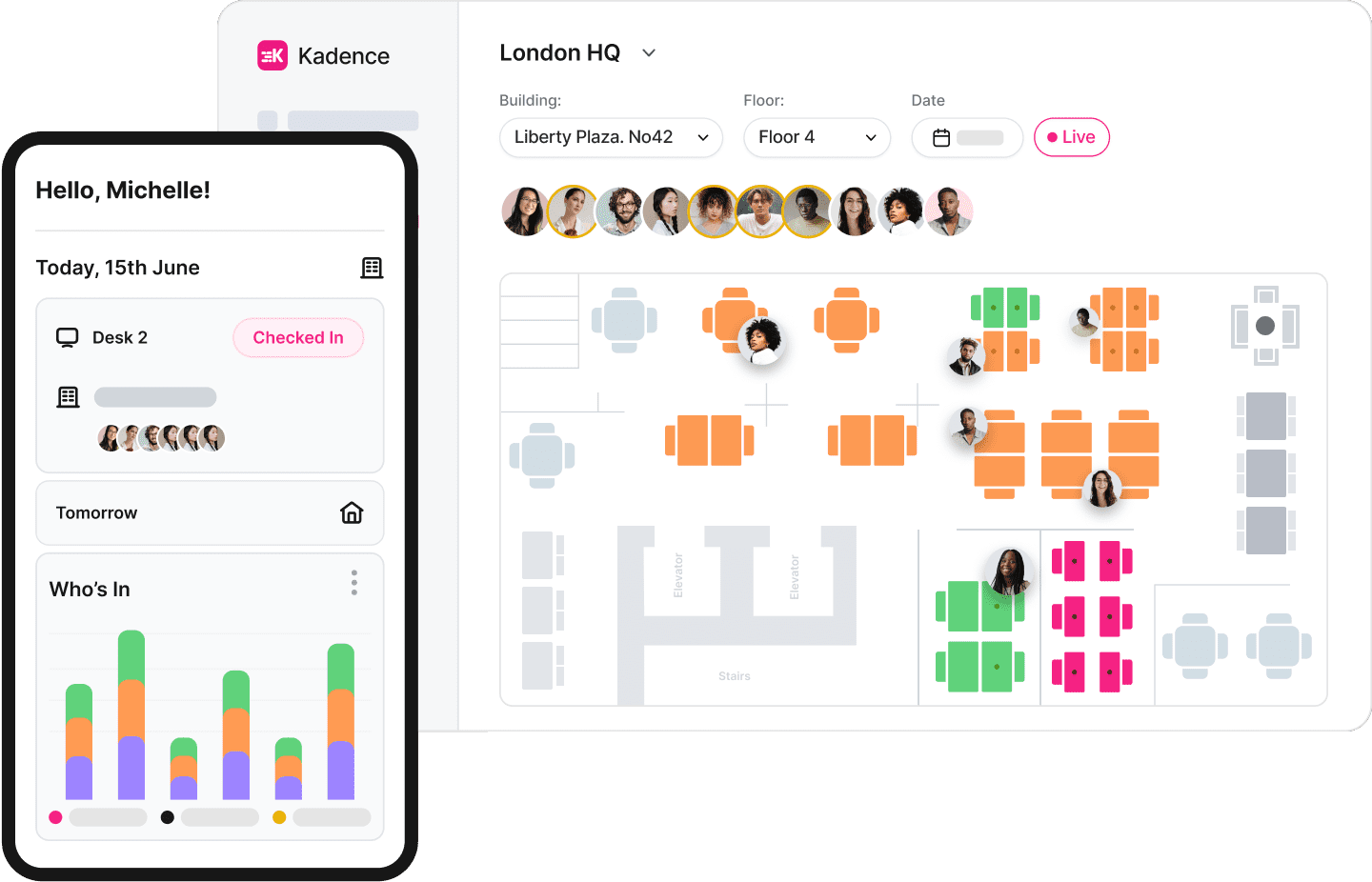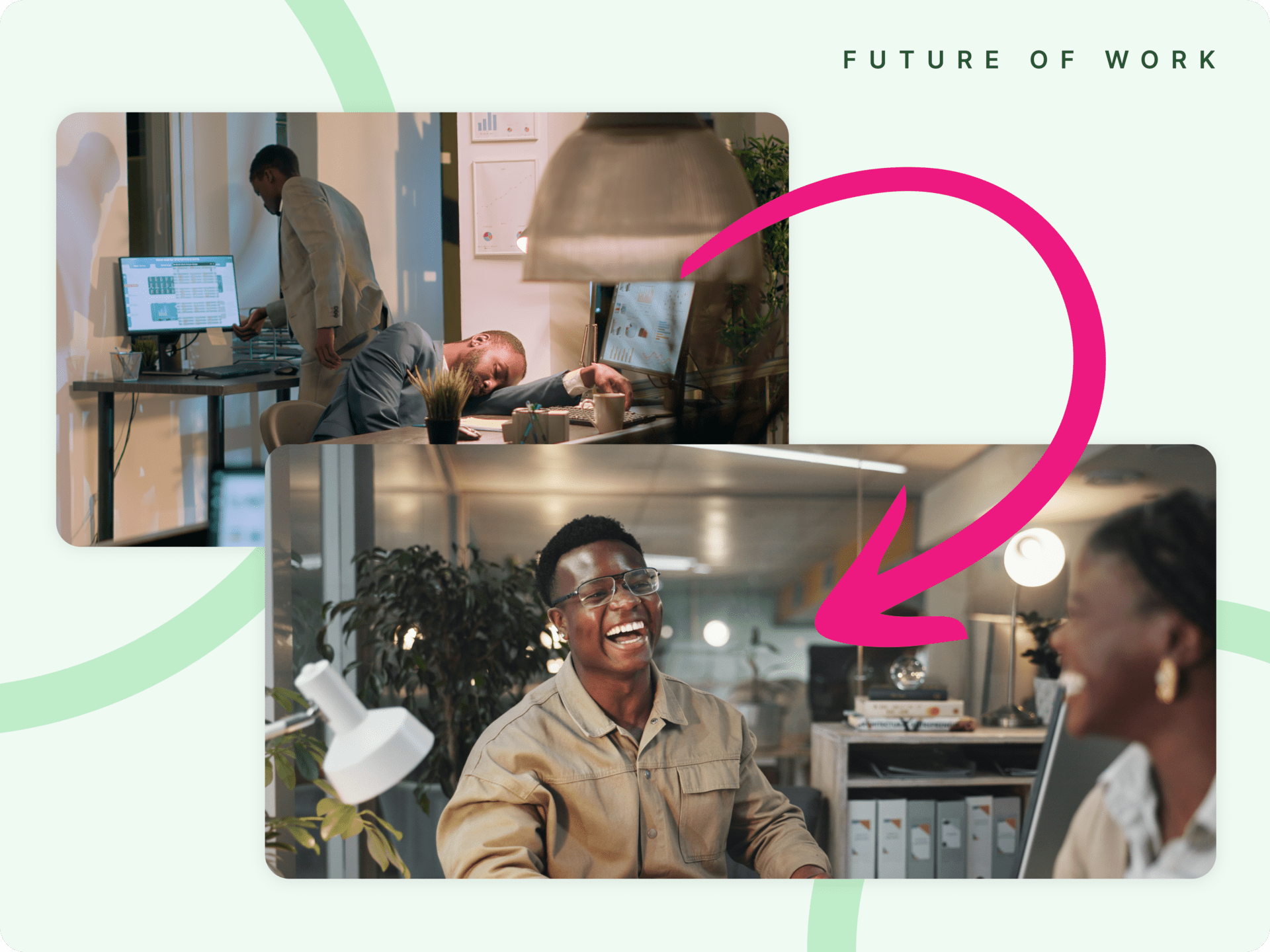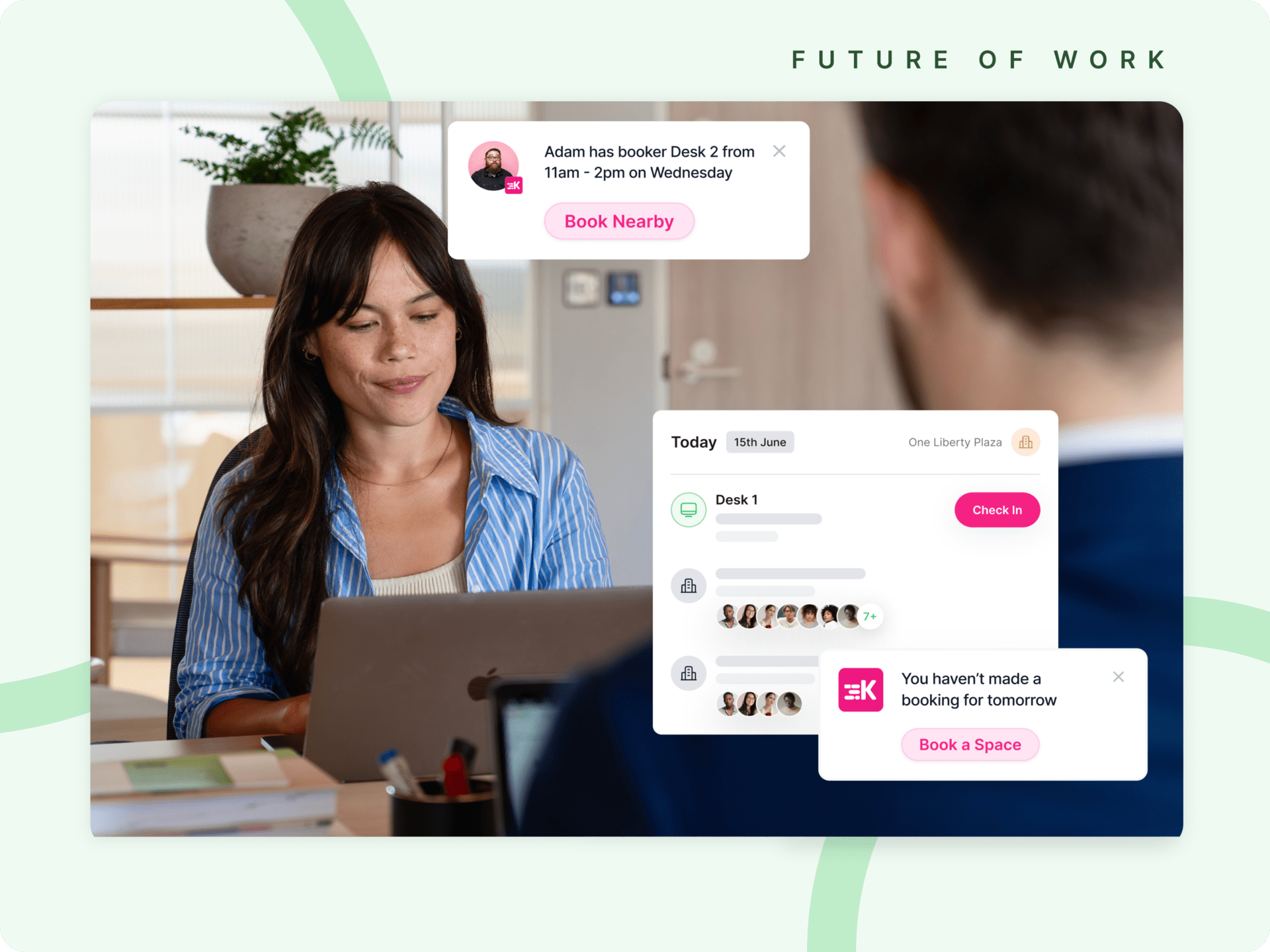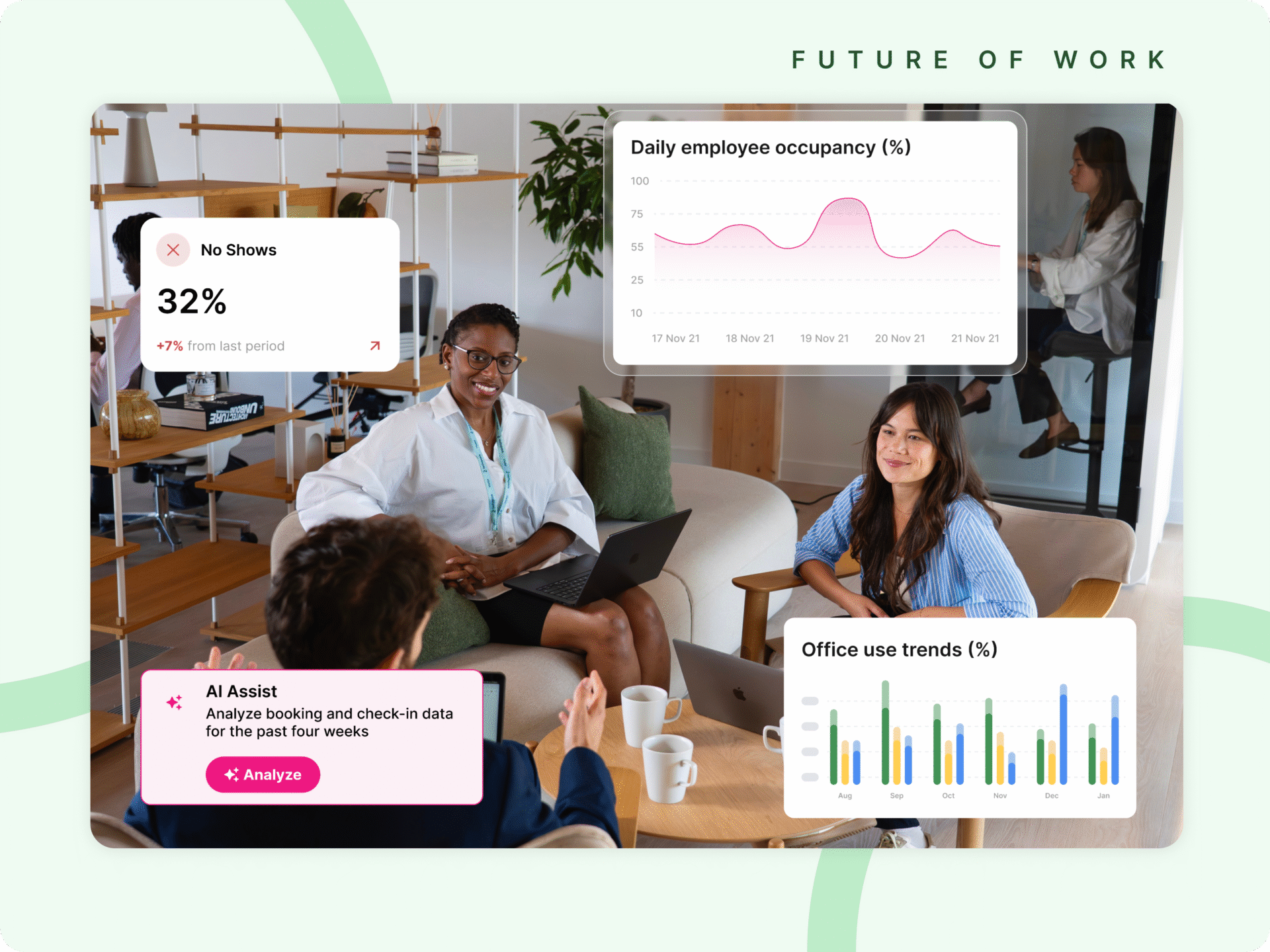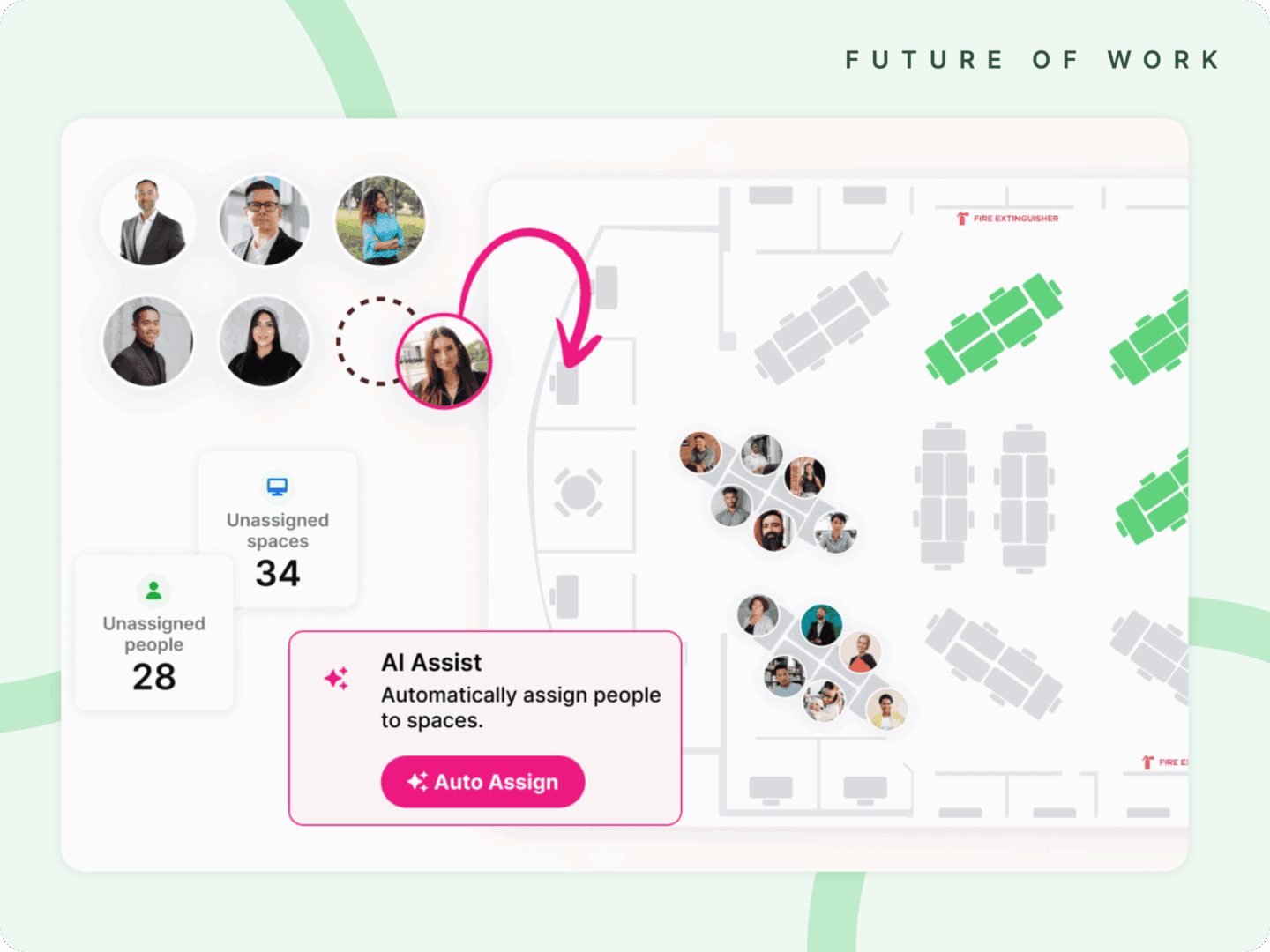Another week, another trend in employee wellness. This time it’s “recharge days”—company-wide time off designed to combat burnout by shutting the laptop lid for everyone at once. On the surface, it sounds thoughtful. Generous, even. But let’s call it what it really is: a backwards step.
This week’s Fortune article on the “100 Best Companies to Work For” highlights recharge days as a rising benefit—one that’s “taking off” as employers double down on wellness. Companies like IHG, which now offers three recharge days annually, ServiceNow, which provides six additional well-being days, and HP, which grants employees one ‘me day’ each year, are leading the charge.
These are well-intentioned efforts, but if we’ve learned anything from the last few years, it’s this: wellbeing at work shouldn’t be scheduled. It should be flexible. And it should be individual. That’s exactly what hybrid work was built for.
Recharge Days Are A Symptom Of Rigid Work Design
The idea behind recharge days is noble: give people a break, prevent burnout, and show employees they’re valued. But it misses the point entirely.
The real issue isn’t a lack of time off—it’s a lack of autonomy.
If your employees need a company-wide “recharge day” to feel rested, it’s probably because they’re not being trusted to manage their energy day to day. They’re trapped in rigid systems, outdated expectations, and meeting-heavy calendars that don’t leave space for rest or deep focus.
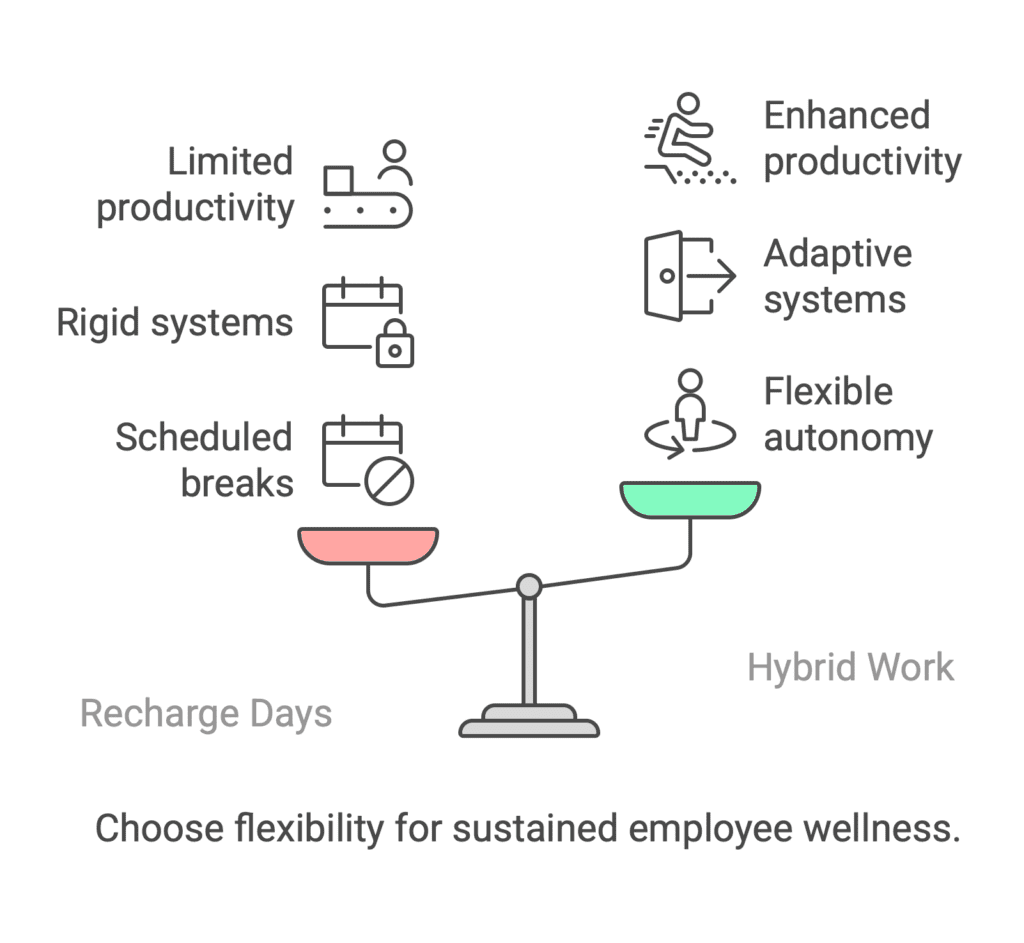
So rather than fixing the system, we’re bolting on another day off.
It’s like giving someone a single glass of water after making them run a marathon in the desert. What they need is consistent hydration—not a one-off refresh.
Hybrid Work Is The Real Wellness Benefit
What if we stopped trying to schedule wellbeing and started designing for it?
Hybrid work, when done right, allows people to manage their own time. It gives them the freedom to work where and when they’re most productive. It empowers them to take breaks, go for a walk, attend school pick-ups, or start later on days they need it—without waiting for permission or a sanctioned “wellness day.”
That kind of trust is more powerful than any corporate perk. And the data backs it up: according to a report from Future Forum, employees with schedule flexibility report 29% higher productivity and 53% greater ability to focus.
Stanford University ran a six-month trial with Trip.com—tracking over 1,600 employees—and found that hybrid work didn’t dent productivity or slow down anyone’s career progression. It’s just more proof that flexibility works without compromising results.
People want autonomy. They want to be treated like adults. Hybrid makes that possible every day—not just once a quarter when the company calendar allows.
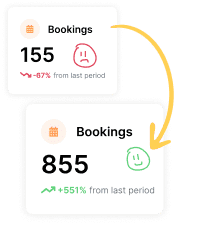
Compressed Workweeks Don’t Compress Burnout
Another rising trend in the wellness conversation? Four-day weeks. Shorter Fridays. Compressed schedules.
Again, we’re solving the wrong problem.
If you give people flexibility, they’ll naturally manage their time around their life and workload. You don’t need to force everyone into a cookie-cutter schedule to prove you care. In fact, rigidly applied shorter weeks can backfire—squeezing the same amount of work into fewer days, increasing stress, and killing productivity.
The irony? There’s often more productivity loss in a “mandatory recharge day” than in a well-managed hybrid setup. One-size-fits-all solutions rarely fit anyone particularly well.
Are We Really Moving Forward?
We’ve spent the last few years learning how work can actually work better. We’ve tested, iterated, and proven that people don’t need to be in the same room—or on the same schedule—to collaborate, deliver results, or thrive.
So why are we regressing?
Recharge days and compressed workweeks are often old-world solutions dressed in new-world language. They treat symptoms, not causes. They paper over systemic problems with superficial benefits.
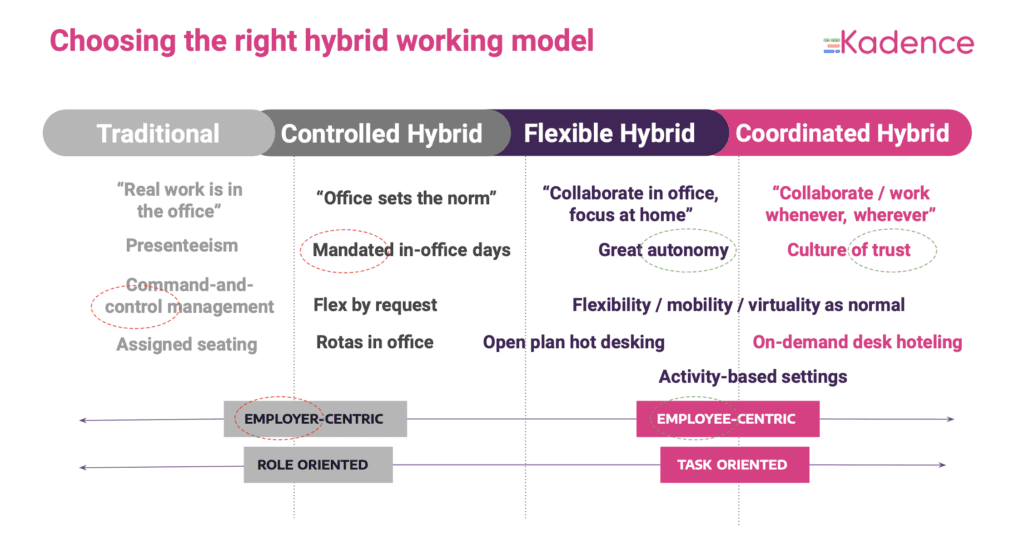
Instead of innovating, we’re retreating.
We should be doubling down on what we’ve learned: that flexibility isn’t a perk—it’s a principle. It’s the foundation of a healthier, more human, more productive way to work.
Empower People, Don’t Schedule Their Wellbeing
At Kadence, we believe hybrid is the way forward—not because it’s trendy, but because it works. It gives teams what they actually need: autonomy, balance, and trust. It respects people’s time, their lives, and their capacity to manage both.
Now, the one real benefit of recharge days is that when everyone’s off, there’s no pressure to check emails or stay plugged in—because the whole team’s offline. But here’s the catch: that doesn’t work so well for customer-facing teams like sales and support, who need to stay responsive.
That’s why at Kadence, we’ve taken a more thoughtful approach. Instead of company-wide recharge days, we give our team additional time off around major holidays like Christmas and Thanksgiving—when big swathes of the world are already offline. It means people can truly disconnect without missing a beat at work the next day.
So before you roll out your next “recharge day,” ask yourself: do your people really need another top-down solution? Or do they just need the freedom to manage their time like adults?
The companies that will win the next decade won’t be the ones giving people more time off. They’ll be the ones giving people more control.
Kadence gives your people the power to choose how, when, and where they work. From coordinating hybrid schedules to making office space actually work for teams, we’re here to help you make flexibility real.
Ready to swap recharge days for something that actually works? Book a demo with Kadence and start building the workplace your people deserve.
